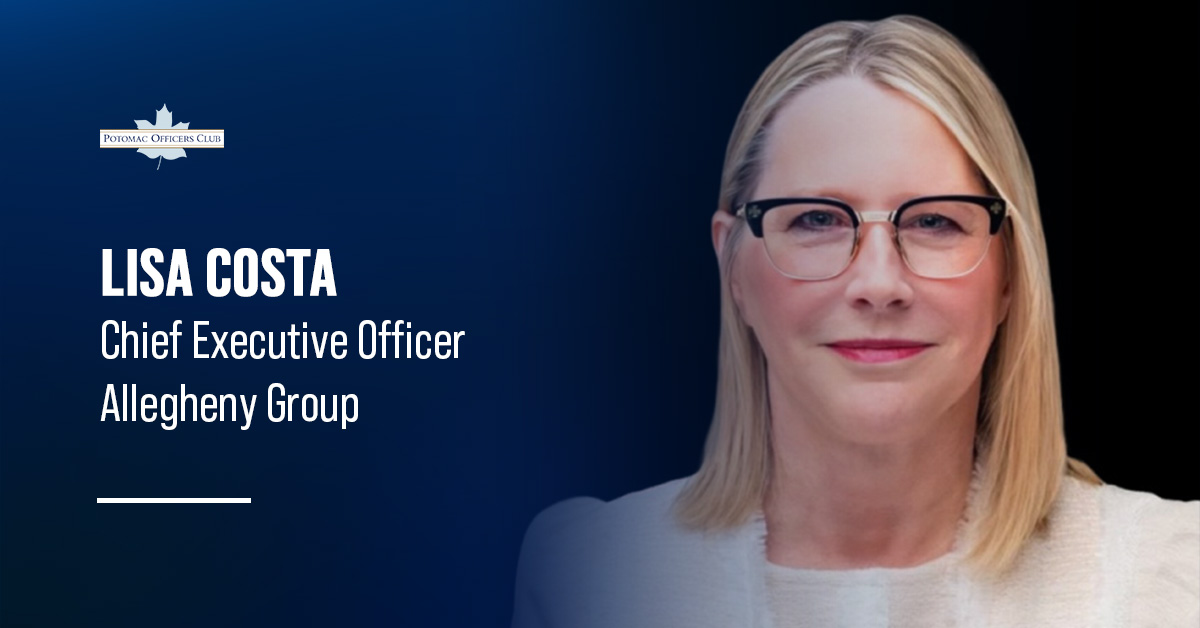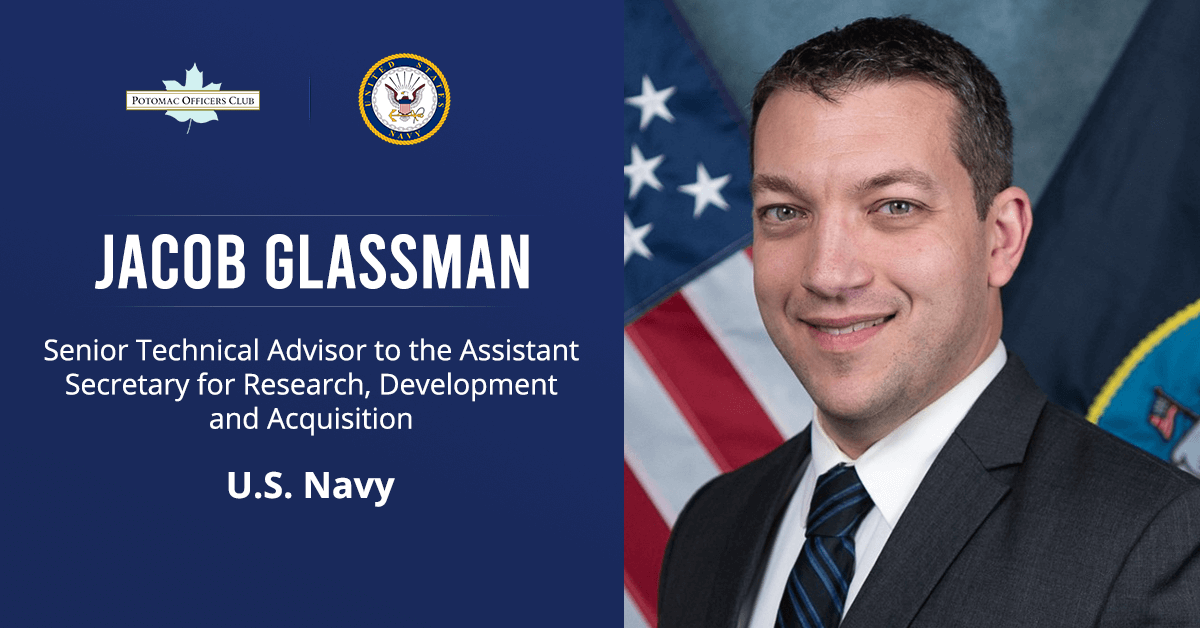
Easiest government contracts to win
How do I get my first government contract?

Before winning government contracts, you and your business must comply with all the necessary prerequisites. The following are the contract requirements that your business must have to get into the government contracting industry.
- System for award management (SAM) – registering at the System for Award Management is necessary for doing business opportunities with government agencies because it serves as the database used to locate any government contractor.
- DUNS Number is a unique nine-digit code used to instantly represent small businesses or corporations. This is also used to trace down the financial transactions of any business.
- North American Industry Classification System (NAICS) – a taxpayer identification number required to apply for federal government contracts
- Employee Identification Numbers – is a unique code assigned to each business used by the government to identify a business’ tax report.
- Commercial And Government Entity (CAGE) serves as an identifier that allows government agencies to find small business contractors quickly.
What kind of government contracts are available?

Fixed-price contract
Federal business opportunities under fixed-price contract opportunities establish a price that does not change no matter what. Under this contract, government contractors are at most risk of being responsible for all the profits or losses.
Cost-reimbursement contracts
This government contracting opportunity is often used for research, technology, and development. Under this agreement, a prime contractor may not exceed the budget ceiling without the consent of any government agency or contracting officer.
Time & materials contracts
When the need for a specific project cannot be determined, time and material are used. The construction and product development sectors are the ones that frequently use this type of government contracting.
Indefinite delivery & quantity contracts
These government contracts allow a federal agency the freedom to have a limitless supply of products or services. Indefinite delivery and indefinite quantity are used when the exact timing or amounts of products or services are uncertain.
Incentive contracts
An incentive federal contract motivates a prime contractor to do well in their service or production of goods. Under this kind of contract, a government agency awards a contractor financial incentive based on their work performance.
Set-aside contracts and programs for small businesses
Indeed, government contracting opportunities come in different types for any business or private sector to bid on. But, the government contracting industry is also offered to small disadvantaged businesses through small business programs and set-asides.
Federal agencies and government officials limit the competition for these contract opportunities to ensure a fair playing field for winning proposal. The following are the set-aside and program contract opportunities.
Competitive set-aside
In a competitive set-aside, government agencies reserve the prime contract to small businesses that are only capable of doing the work or delivering the goods. A competitive set aside happens automatically for government contracts with a budget under one hundred fifty thousand dollars.
Sole-source set-aside
Sole-source set aside prime contracts are given to businesses without undergoing a competitive contract proposal process. Also, this option is only used when only a single small business can qualify for the contract’s qualifications.
Any small business contractors can apply for some competitive set-aside, while others are only for those who participate in the programs offered by the Small Business Administration (SBA). In addition, these contracts are made to the public and are still available to potential vendors to view and bid on if the process has not yet been started.
Joint ventures
Small firms can form a joint venture with large corporations under the small mentor-protégé program and be called joint ventures. Joint ventures that qualify the SBA requirements can compete for government contracts only offered to small businesses. Not only that, but they can also compete for a set-aside for HUBZone, women-owned small businesses, service-disabled veteran-owned, or larger contracts.
Listed below are some details on the contracting programs a small business may be eligible to bid on.
Woman-owned small business (WOSB)
This contracting program offers numerous advantages for a women-owned small business owner to win government contracts. Once a women-owned small business qualifies in the program, it is automatically eligible to bid for contracting opportunities specific to its classification.
Just like the set-aside agreement, the government controls the competition in WOSB to give equal treatment in the open competition.
Additionally, a government official may grant sole-source agreements or prime contracts to WOSB and minorities owners in the industries they are underrepresented in.
Service-disabled veteran-owned small business (SDVOSB)
In every fiscal year, federal agencies allocate a part of federal business opportunities to small businesses owned by veterans. Veteran-owned small businesses can find federal contracts through the Department of Veterans Affairs (VA).
To be considered for the program, a veteran-owned small business (VOSB) or service-disabled owned small businesses (SDVOSB) must get certified through the Veterans Affairs’ Vets First Verification program.
Historically underutilized business zones (HUBZones)
Historically underutilized business zones receive ten percent price evaluation preference in full and open competition. HUBZone small business owners can also participate in federal business opportunities through other socio-economic programs.
There is no limit on how long a small business participates in the Historically underutilized business zones program, as long as it applies for recertification every fiscal year and takes a program examination every three years.
On the other hand, the SBA may unexpectedly visit a HUBZone small business and do some examinations to make sure that any information submitted for the program application or recertification is accurate.
8(a) program
Socially and economically disadvantaged small business owners can expand their sales funnel or win big contracts from the federal marketplace by joining the 8(a) program.
Small businesses participating in the program are given training and technical support that can help them effectively compete on government contracts.
Small Business Administration (SBA) and federal agencies encourage maximum participation while ensuring fair access and competition to federal contracting opportunities.
Under the program, disadvantaged small businesses can do the following:
- One on one business development assistance
- Compete for sole source and set aside
- Participate on mentor-protégé program
- Free training from the 7(j) management and technical assistance program
Small disadvantaged business (SDB)
The federal government allocates fifty billion dollars for small disadvantaged businesses. A firm may be considered part of the small disadvantaged business as long as it meets the Code of Federal Regulations criteria.
Here are some of the qualifications you need to know to be classified as a small disadvantaged business
- The business is owned fifty-one percent by economically underprivileged people.
- The owner is certified as both socially and economically disadvantaged.
- Qualifies as a small business based on the SBA standard size.
You must register your small business with the System for Award Management to participate in the contracting opportunities mentioned above. But, take note that the certification process may differ depending on the SBA contracting program.
The benefits of the programs and set aside vary, but as a small business owner, it is your obligation to select the appropriate program to join with.
You may consult the small business administration (SBA) for more information and assistance.
Where to find government contracting opportunities?

Here are the most common databases you can visit and find federal contracts so you can find government contracting opportunities on various websites.
System for Award Management
As mentioned above, a business must be registered in the System for Award Management (SAM.gov) before getting into the federal marketplace. The website does not just work as a database for businesses interested in working with the government, but the government agencies also use the platform to publish contracting opportunities.
Dynamic Small Business Search
The information provided by a business in SAM.gov generates a Dynamic Small Business Search database.
The Dynamic Small Business Search (DSBS) is another tool government agencies use to identify potential small business contractors for upcoming contracts.
On the other hand, small businesses can use DSBS to gain information about their competitors and the marketplace.
Contract Opportunities
Contract opportunities or formerly known as Federal business opportunities or FedBizOpps, enlist the government contracting opportunities valued exceeding twenty-five thousand dollars. The System for Award Management also handles FedBizOpps; therefore, all its contracts are advertised at SAM.gov.
GSA Schedules
The most significant government contracts are announced through the U.S General Services Administration (GSA) through their GSA Schedule Program. Becoming a GSA Schedule contractor can be beneficial because it covers all levels of government.
Subcontracting opportunities
If your business is not capable of doing contracting business on its own, you may consider doing subcontracting opportunities by going to SubNet. Subcontracting opportunities are somehow considered to be one of the easiest government contracts to win because a business does not pass through a government process because it works under a company awarded a prime contract.
Are government contracts profitable?

With billions of budget allotted for the procurement system, a government contract can be profitable for any business owners.
Government contracting does not only give profit but also opens doors for building networks and connections, which can
Is government contracting easy?
Due to its complicated process, things might get overwhelming when starting in the federal marketplace. However, despite its complex process, it would surely give your business a great way to success.

Category: Articles




